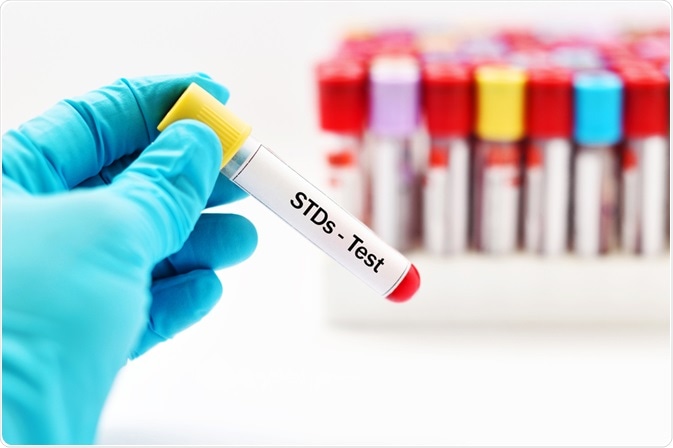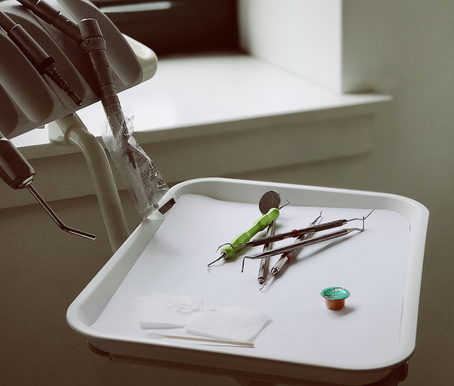So, what is an STD test? Basically, it is when a person decides to get tested for any of the infections that are known to man. In this way, they can be forewarned and they can take steps to protect themselves and their family. Unfortunately, many people will test negative for STDs even though they may have had symptoms for a very long time before getting tested. This is because the symptoms often mimic other diseases that a person may have.
When someone says they don’t know they have an STD, it usually means that they do not know what STDs that they have. They might assume that their yearly physical exam included STD screening, when it really did not. They might also assume that if their doctor’s STD panel contained all the diseases they thought they had, then that would be the case. Unfortunately, that is not the case, and some health care providers perform only one or two checks for sexually transmitted diseases during their yearly exam. Other health care professionals will perform a more thorough check using a swab or a urinalysis. However, many health care providers do not use any sort of interval testing.
You can usually find out whether your health care provider uses any type of interval or multiple STD testing by asking them. It is important to know and understand what STD tests they offer in order to make an informed decision about whether or not they should screen for conditions other than those that are considered to be sexually transmitted. If your doctor does not use any type of interval or multiple STD tests, it is a good idea to get tested anyway. Here are some STD tests, you can be screened for:
-Pap Smear: Many women receive a pap smear each year at their annual physical. This is a brief visual examination of the cervix used to detect cervical cancer or other abnormalities in the uterus. A negative result does not mean you do not need to get tested, though. A positive result may include an abnormal pap smear, which means there is something else wrong, such as cancerous cells or a birthmark. The only way to know for sure if you need to be tested is to schedule an exam.
– HIV and STD Testing: Though not required unless you are suffering from a serious sexually transmitted disease, HIV and STDs are important for the proper care of your sexual health. If you think you might be contracting an STD, it is important to get yourself tested. In fact, if you have recently had unprotected sex with a new partner, you should get yourself tested right away. Your health care provider may even recommend an STD test for you if the symptoms are consistent with having an STD. STD tests may include urine or blood tests, and a physical examination.

When it comes to your sexual health, it is better to be safe than sorry. Though it may be difficult to be so particular about your annual visit to the doctor’s office or the office of the sexually transmitted diseases specialist, it is important to go through at least the basics of being tested for STDs. Seek medical help if you feel you need it, but go ahead and protect yourself with STD tests, even if they are not specifically required. They can protect you from many potential problems and allow you to maintain a healthy, mutually intimate relationship with your partner. Visit canada home testing to get a test kit today.





